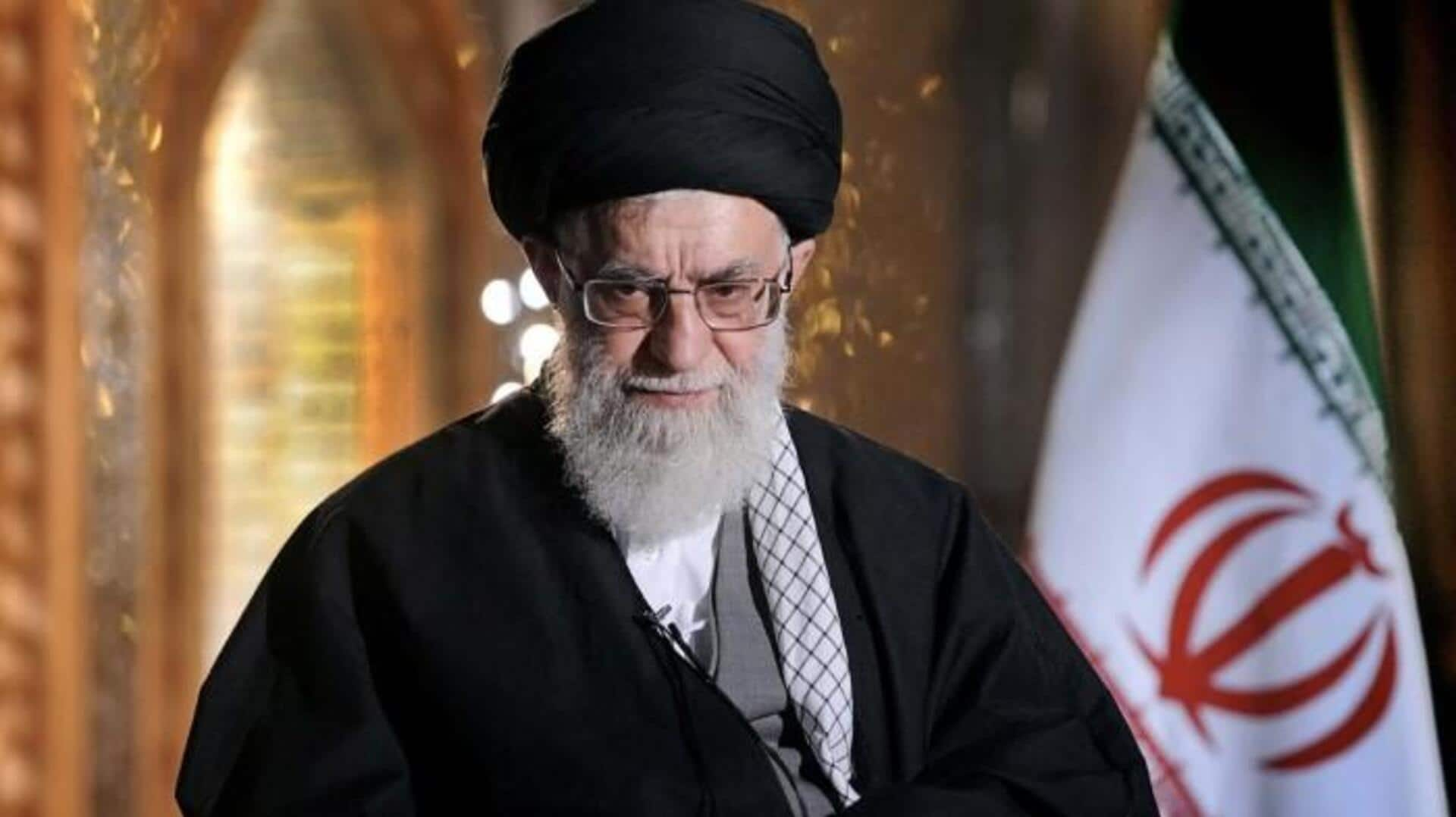
Amid Israel-Palestine tensions, Meta removes Iranian Supreme Leader's accounts
What's the story
Today, Meta announced the removal of Iran's Supreme Leader, Ayatollah Ali Khamenei's Facebook and Instagram accounts due to violations of its content policies. A Meta spokesperson explained that the accounts were suspended for repeated violations of its internal 'Dangerous Organizations & Individuals policy.' This decision follows increasing pressure on Meta to ban Khamenei after the October 7 Hamas attack on Israel.
Politics
Khamenei's support for Hamas and Houthi rebels
Khamenei has frequently supported Hamas' actions against Israel but has denied Iran's involvement. He has stated that the supporters of Israel and some people in the usurping regime have been spreading rumors over the past two or three days that Iran was behind the attacks. Khamenei has denied these allegations. Meanwhile, he also endorsed Palestinian retaliation against Israel in Gaza and has praised attacks on Red Sea shipping by Yemen's Houthi rebels.
Preventing harm
Meta's policy aimed at preventing real-world harm
Meta's move is based on its policy to prevent real-world harm by prohibiting organizations or individuals with violent agendas from using its platforms. The policy reads, "In an effort to prevent and disrupt real-world harm, we do not allow organizations or individuals that proclaim a violent mission or are engaged in violence to have a presence on our platforms." To bypass restrictions and access banned websites or apps like Facebook, X, and YouTube, Iranians often use virtual private networks (VPNs).
History
Meta officials have been banned by countries in the past
There has been a tussle between Meta and countries that don't have friendly ties with the United States. In April 2022, Russia had included Meta CEO Mark Zuckerberg on a blacklist of people who are prohibited from entering the country. Also in November 2023, Russia had put Meta spokesperson Andy Stone on a wanted list on unspecified charges. The social media giant is classed as 'extremist' by the Russian government.